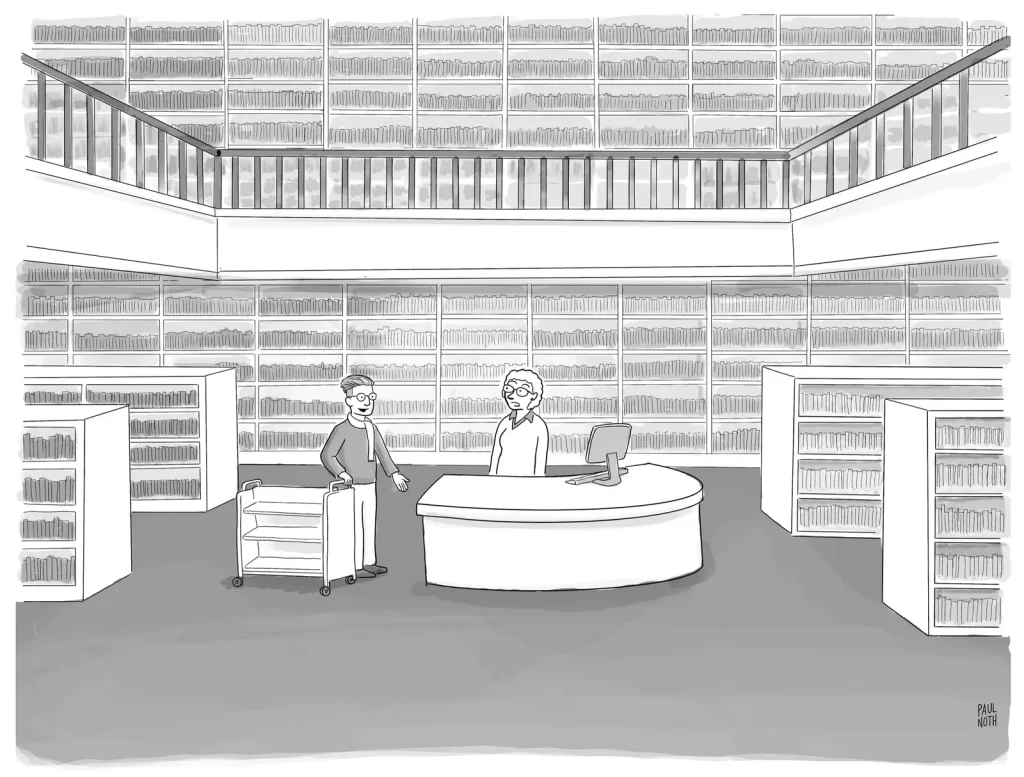If the unexamined life is not worth living, how, then, to examine it?
Last month, my big sister Rebecca suddenly departed this middle distance between heaven and heaven. Among the tender feelings and poignant memories we experience at the death of a loved one, doubt can sometimes raise its prickly but ultimately healthy head.
“You know that wicked thing you said to me while digging your fingernails into the back of my neck when you were nine and I was eight?”
I asked this of Rebecca the last time I saw her. Neither of us had an inkling that it would be our last face-to-face encounter. Lest she think I was still holding a grudge after all these years, I quickly told her the genesis of my inquiry.
“I often use that incident to illustrate a point when counseling young people about forgiving and forgetting. Just wondering if you even remember it.”
“Really?” she replied with that suspecting brow lift she modeled after the one Robert Redford terrorized her with on his visit to the old neighborhood.
“And here I thought I was just playing back your words to me the time you punched me when I was eight and you were still six.”
From early youth and as recently as yesterday, we humans pick up, discard, and sometimes retain forever hundreds (if not thousands) of attitudes and beliefs built up from the immersive input our brains are constantly processing. As I explain in If Memory Serves, somewhere between our frontal cortex—the processor in our brain that encounters the outside world; and the hippocampus—the “back” of our mind that builds up models of institutional knowledge; we tuck away information that we don’t remember per se but whose structural if subconscious guardrails bracket future behavior.
In his iconic text, Transformative Dimensions of Adult Learning, Columbia University Teacher College educator Jack Mesirow explains the guardrails that preserve our “uncritically assimilated worldviews.” Built up through the sedimentary layering of community values and beliefs upon themselves, uncritically assimilated worldviews work unwittingly to blunt both individual and institutional change. For nearly sixty years, I understood and even passed along to others life principles based on what I genuinely believed were Rebecca’s mean words to me back in the day. But according to the same mental model built up in her hippocampus, I had got the history exactly backward.
“This is no one’s fault,” Mezirow explains. “It’s just the way humans stay sane as they learn.”
But can worldview be unlearned? And if so, by what means? If the unexamined life is not worth living, how, then, to examine it?
Mezirow developed Transformative Learning Theory after shadowing a team of nurses who, through what he calls a “disorienting dilemma,” were shocked into recognizing their uncritically assimilated blockades to change.
For my graduate action research, I disoriented faith-based leaders by enlisting them in a musical theatre project designed to put them outside their areas of comfort, thus allowing them to take on new leadership challenges outside their comfort zone.

In my professional change work, I once challenged a team of left-brain-oriented accountants “trapped” (according to their supervisor) in the structure of a general ledger too inflexible to accomplish his goals. With little time to prepare, I whipped up a pressure-cooker team exercise on creatively classifying animals. Modeled after the time the brilliant Dr. Mark Magleby rocked my intellectual worldview by secretly rearranging my entire book library by color, the exercise led one sadistic participant to dream up all the creative ways different animal species might be slain. (No telling what worldviews might have been uncritically assimilated into his hippocampus.)
What uncritically assimilated worldviews are buried just beneath your surface?
If you choose to, how will you dismantle them?
What disorienting dilemmas might you construct for yourself before someone—or something—constructs them for you?
This post is from a series of “Declarations of Being & Becoming,” written as part of a LinkedIn Newsletter called Say the Change. You can access the entire series here


